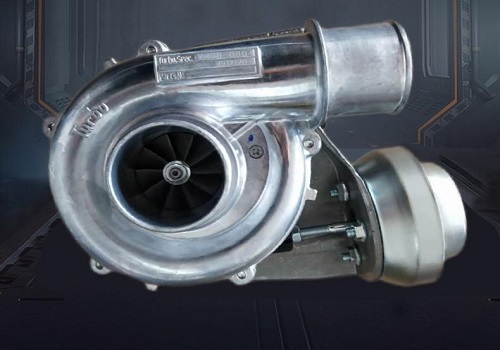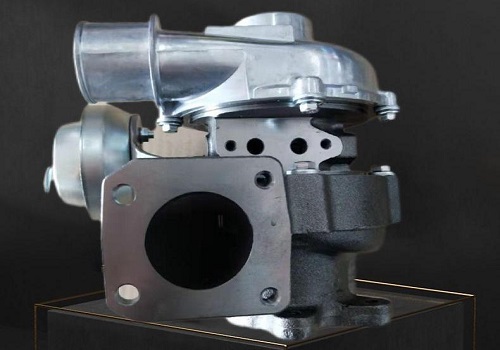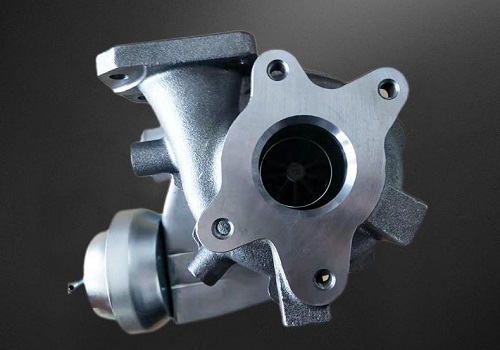
High temperature is a hazard to turbochargers
2022-08-30 10:58Turbochargers have simple structure, do not consume the power of the engine itself,
and high boost value. These factors lead to the powerful advantages of turbocharging.
But the principle of turbocharging poses one of its biggest pitfalls: high temperatures.
It is this hidden danger that has delayed the introduction of turbocharging into the
civilian sector.

Heat comes from several sources. The first is the exhaust gas temperature, as we said
before, the exhaust temperature of the gasoline engine can reach 750-900 degrees
at full load, and it is nearly 700 degrees under general working conditions. The exhaust
gas cools itself as it spins the turbine, and this temperature is absorbed by the turbine
blades.

Secondly, the shaft connecting the turbine and the impeller rotates at a high speed
of more than 100,000 revolutions, and the friction between the shaft and the bearing
generates a lot of heat. Finally, the inlet impeller constantly inhales the air, compresses
the air, and its temperature will rise. These factors add up to make the whole turbocharger
in the absolute "heat".

Turbine failure caused by high temperature is mainly caused by turbine blade
deformation and ablation and rotating shaft strain failure. Over the years, engineers
have come up with ways to deal with this problem, which come down to two things:
using more heat-resistant materials and using more efficient ways to cool the
temperature.
